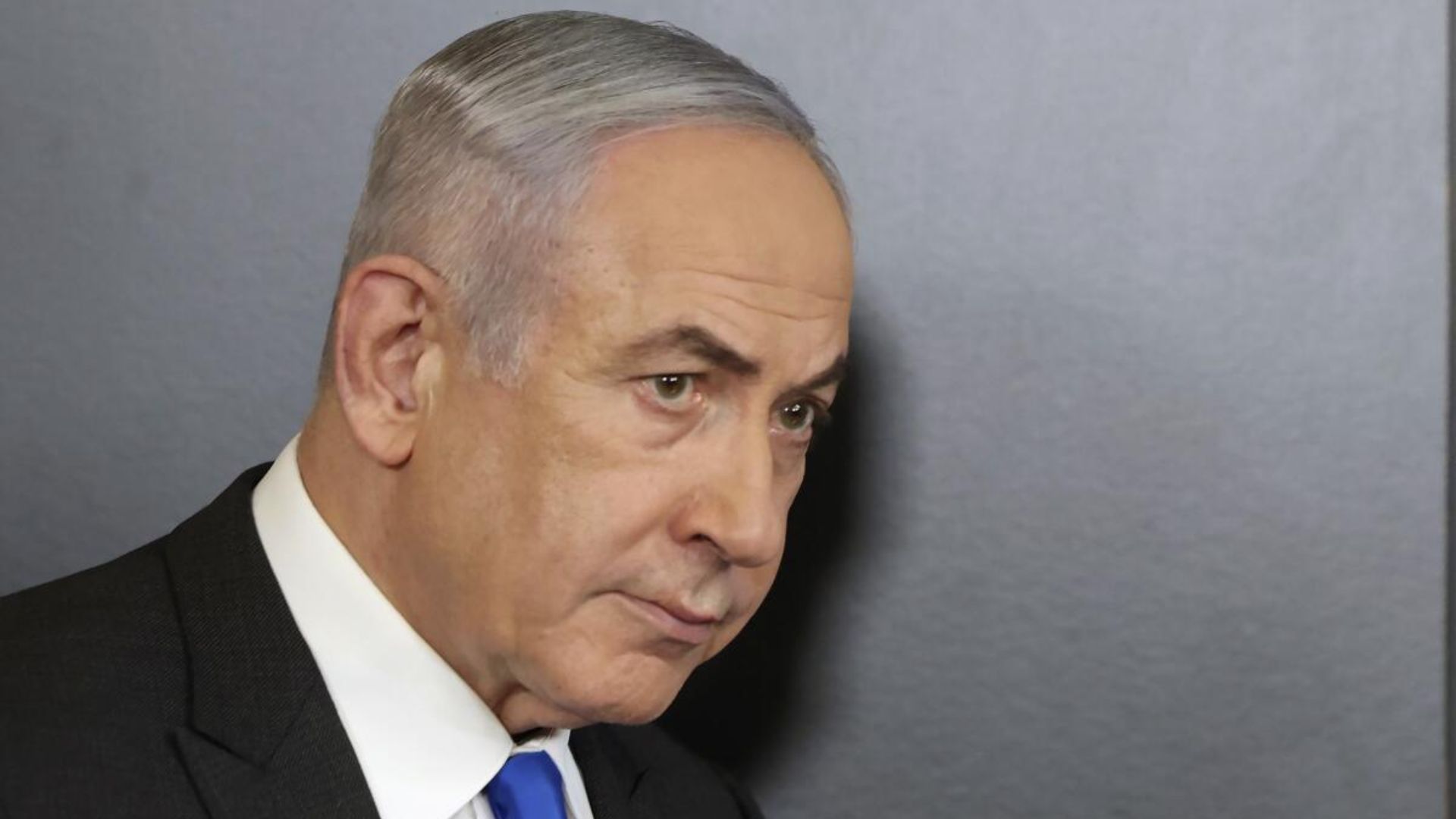Israeli Prime Minister Benjamin Netanyahu has taken the stand in his corruption trial in Tel Aviv, marking the first time a sitting Israeli leader testifies as a criminal defendant.
Netanyahu, 75, faces charges of fraud, breach of trust, and accepting bribes across three cases. As he began his testimony, he remarked, “I have waited eight years for this moment, to say the truth as I remember it, which is important for justice,” while emphasizing his ability to manage the trial alongside his role as prime minister during a “seven-front war.”
Denying all allegations, Netanyahu dismissed the accusations as “total lies” and a “witch-hunt” orchestrated by a biased legal system. In one case, he is accused of accepting lavish gifts, such as cigars and champagne, in exchange for personal and business favors. He countered, saying, “I work 17, 18 hours a day… I eat my meals at my work table; it’s not cordon bleu.”
Also Read: Netanyahu Calls Assad Regime’s Fall In Syria A ‘Game-Changer’ For Middle East
Netanyahu’s testimony follows evidence from 120 prosecution witnesses in the cases known as 1,000, 2,000, and 4,000. His lawyer, Amit Hadad, criticized the investigation, claiming, “The Israeli police did not investigate a crime, but a person.”
Outside the courtroom, rival protests erupted, with critics branding him a “Crime Minister,” while supporters stood by him. Despite calls for his resignation, Israeli law allows indicted leaders to remain in office.
Netanyahu’s schedule now includes testifying for six hours daily, three days a week, amidst ongoing security and political challenges. His efforts to delay the testimony citing state matters were rejected by the court, which also denied reducing his testimony hours.







